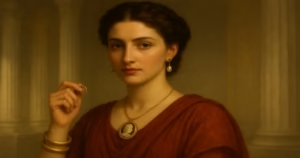Picture us in a warm schoolroom. Maps of ancient Scandinavia hang on the walls. A stack of fascinating Viking Mythology books sits on the desk. I’m excited to be your blog writer “teacher.” Let’s dive into Norsevember—or any time—focused on Norse Books! These aren’t just stories; they’re portals to a world of mighty gods, fierce warriors, and timeless lessons that have shaped cultures for centuries. Today, we’ll look at Norse books that show Norse mythology. We’ll cover classic texts like the Prose and Poetic Eddas. We’ll also discuss modern retellings by well-known authors.
If you’re new to Norse mythology or an enthusiast looking for the best Viking Mythology Books, this guide is for you. We’ll explore the rich history of myths. We’ll also share must-read titles that bring the gods and legends to life. Finally, we’ll show you where to find these literary treasures. By the end, you’ll be eager to pick up a Norse gods book and start your own mythic adventure. Let’s start our “lecture” on Norse Books. Together, we’ll explore the magic of Viking mythology!
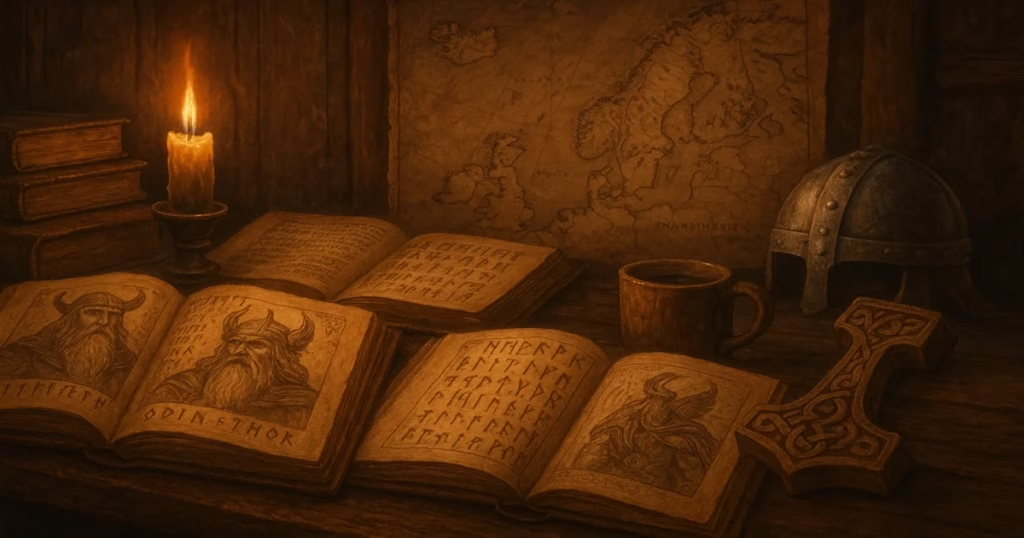
What Are Norse Books? A Simple Introduction to the World of Vikings and Gods
Let’s start at the beginning, class, like opening the first page of a great story. Norse Books tell the stories of myths, legends, and folklore from the Norse people. These include the ancient Scandinavians, like the Vikings. These Norse Books include epic poems, sagas, and modern stories inspired by gods like Odin, Thor, and Loki. A typical book of Norse mythology includes stories about creation, conflicts, and Ragnarok, the end of the world.
Why are Norse Books so popular? They mix action, magic, and life lessons in a way that’s exciting for all ages. Norse myths, filled with heroic deeds and clever gods, inspire many stories. They influenced movies like Thor and books like The Lord of the Rings. In 2025, Norse Books are bigger than ever, with new editions and retellings hitting shelves.
Key elements in Norse Books:
- Gods and Goddesses: Thor, the thunder god; Freyja, the goddess of love; and Odin, the sage All-Father.
- Worlds: Nine realms, including Asgard (gods’ home) and Midgard (our world).
- Creatures: Giants, elves, dwarves, and monsters like the Midgard Serpent.
- Themes: Courage, fate, honor, and the cycle of life and death.
If you’re new, start with a good norse mythology books like Neil Gaiman’s retelling—it’s like a fun chat with old gods. Norse Books aren’t just old tales; they’re timeless adventures that teach us about bravery and the unknown.
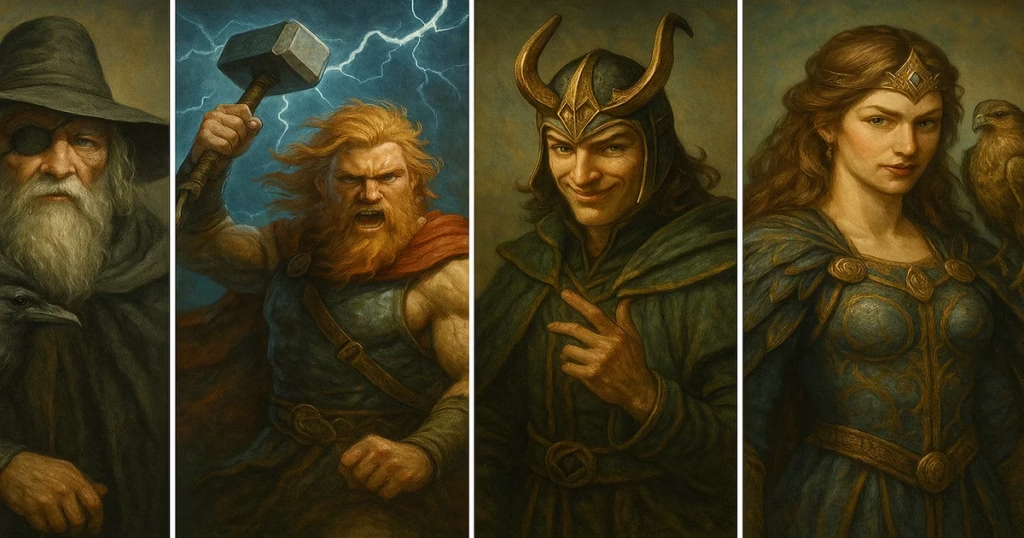
The History Behind Norse Books: From Oral Tales to Written Sagas
Now, class, let’s turn the page to history—think of it as a thrilling backstory to your favorite Norse Books. Norse mythology began as tales shared around fires in Viking halls. These stories were passed down through generations. They were not written down until the 13th century. Then, Icelandic scholars like Snorri Sturluson created the Prose Edda and Poetic Edda. These two works are key Norse texts.
The Poetic Edda is a collection of poems about gods and heroes, while the Prose Edda is a handbook explaining myths for poets. These Norse mythology books saved stories that could have been lost. They show us insights into Viking beliefs. Later, sagas like the Saga of the Volsungs added more layers, inspiring modern Norse Books.
In the 19th century, interest in Norse Books grew rapidly. Translations and retellings inspired many writers, including J.R.R. Tolkien. Today, Norse Books blend old lore with new twists, making them fresh for 2025 readers.
Milestones in Norse Books history:
- 8th-9th Century: Oral myths shared by Vikings.
- 13th Century: The Eddas were written. They became the key books of Norse myths.
- 19th Century: Romantic revival with books like Padraic Colum’s The Children of Odin.
- 20th-21st Century: Check out Rick Riordan’s Magnus Chase series. It’s a fun book for kids about Norse mythology.
- 2025 Trends: New versions of Norse mythology books are coming out. They will have illustrations and audio options.
This history shows how Norse Books have evolved, keeping the spirit of the gods alive.
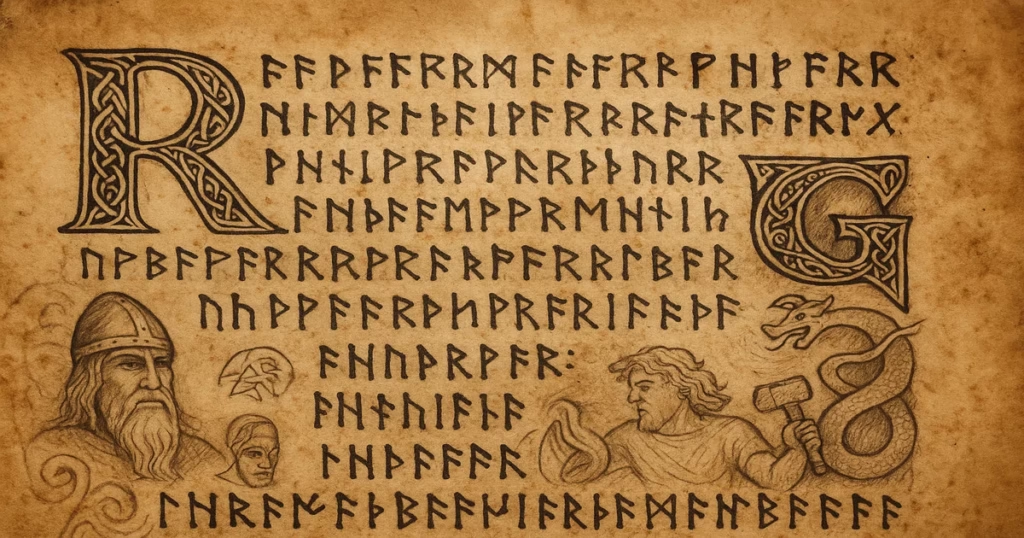
Top Norse Books for Beginners: Easy Starts to Mythology
Class, if you’re just dipping your toes into Norse Books, let’s start with beginner-friendly picks. These Norse mythology books are easy to read and fun. They help you learn without feeling overwhelmed. I’ll recommend some good norse mythology books that feel like a gentle introduction to the gods and myths.
One standout is “Norse Mythology” by Neil Gaiman. This Norse mythology book tells classic tales in modern language. Odin, Thor, and Loki come alive as characters in a novel. It’s a book of norse gods that’s fun and accessible, with short stories you can read in bites.
Another great choice is “The Norse Myths: A Guide to the Gods and Heroes” by Carolyne Larrington. This norse myths book breaks down myths with clear explanations and images, ideal for newcomers.
For a quick read, try “D’Aulaires’ Book of Norse Myths” by Ingri and Edgar Parin d’Aulaire. It’s a book about norse mythology with beautiful illustrations, originally for kids but great for all ages.
Beginner Norse Books recommendations:
- Norse Mythology by Neil Gaiman: This book shares modern tales of gods’ adventures. It has an average rating of 4.1 on Goodreads, based on more than 500,000 ratings.
- The Norse Myths by Carolyne Larrington: A guide with heroes and gods. Recommended for expert insights that make learning easy.
- D’Aulaires’ Book of Norse Myths: Illustrated stories that are great for visual learners.
- The Viking Spirit by Daniel McCoy: Introduction to religion and myths, key point: connects old stories to today.
These Norse Books are gateways to the world of Vikings—start here and you’ll be hooked!
Advanced Norse Books: Deep Dives for Mythology Fans
For those ready to go deeper, class, let’s explore advanced Norse Books. These are for readers who want more detail, like a norse gods book with historical context or complex sagas. Norsevember is the perfect time to tackle these!
The Prose Edda by Snorri Sturluson is a must. This 13th-century book on Norse mythology is the original guide for poets. It explains gods, worlds, and myths. It’s a foundational book of norse gods that influences everything after.
Then there’s “Gods and Myths of Northern Europe” by H.R. Ellis Davidson. This Norse myths book explores beliefs and rituals. It’s praised for being scholarly but also easy to read.
For epic stories, “The Saga of the Volsungs” is a classic. It explores Norse mythology with heroes, dragons, and tragedy. It even inspired Game of Thrones.
Advanced Norse Books picks:
- Prose Edda by Snorri Sturluson: Original myths, why recommended: direct from medieval Iceland.
- Gods and Myths of Northern Europe by H.R. Ellis Davidson: Explores religion, key point: connects myths to Viking life.
- Saga of the Volsungs: Heroic legend, average rating 4.0 on Goodreads.
- The Viking Spirit by Daniel McCoy: Detailed intro, great for connecting dots in good norse mythology books.
These Norse Books will make you feel like a mythology expert!
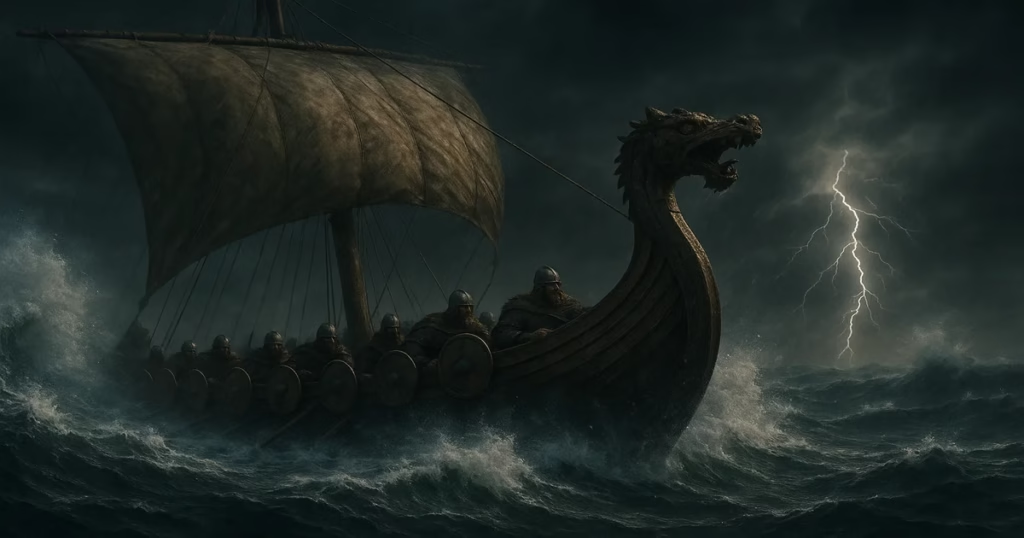
Norse Books for Kids: Fun Ways to Learn Myths
Class, let’s not forget the young ones! Norse Books for kids are fantastic for sparking imagination. These Norse mythology books tell stories in fun and simple ways. For example, there’s a Norse gods book filled with pictures and adventures.
The “Magnus Chase and the Gods of Asgard” trilogy by Rick Riordan is excellent. This norse myths book follows a teen hero in modern Boston, meeting gods like Thor. It’s a book about norse mythology with humor and action.
The book “D’Aulaires’ Book of Norse Myths” is a genuine treasure. Its illustrations make the gods feel real. It’s a great book about Norse gods for ages 8 and up.
For younger kids, check out “The Monstrous Child” by Francesca Simon. It tells the story of Hel, the underworld goddess. It’s a dark, funny Norse mythology book about family and fate.
Kids’ Norse Books recommendations:
- Magnus Chase series by Rick Riordan: Modern twists, average rating 4.2; why: relatable heroes.
- D’Aulaires’ Book of Norse Myths: Illustrated tales, key point: easy to read aloud.
- The Monstrous Child by Francesca Simon: Recommended for YA with a Norse theme is Hel’s narrative.
- The Children of Odin by Padraic Colum: Classic retellings, great for bedtime stories.
These good Norse mythology books make learning fun for kids!
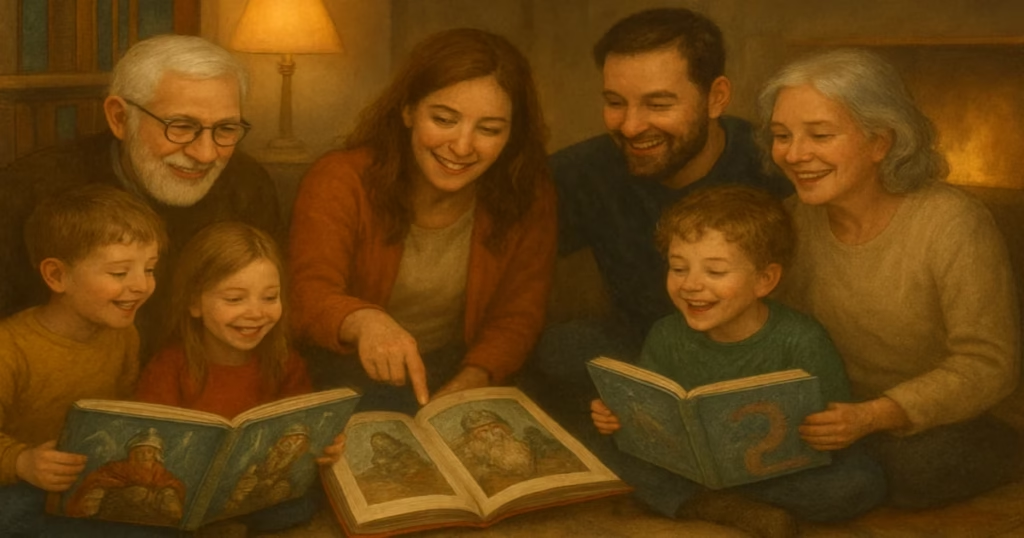
Modern Retellings in Norse Books: Fresh Takes on Old Tales
Norsevember isn’t the same without modern Norse books, class! These retellings breathe new life into myths, like a Norse mythology book with today’s twists.
Neil Gaiman’s “American Gods” weaves Norse gods into modern America, a book of norse gods with Odin as a con man. It’s a Norse myths book exploring belief and immigration.
“The Gospel of Loki” by Joanne Harris tells myths from Loki’s view—a clever book about norse mythology full of wit.
For fantasy fans, “The Witch’s Heart” by Genevieve Gornichec focuses on Angrboda, Loki’s wife. This Norse mythology book is empowering and fresh.
Modern Norse Books’ picks:
- American Gods by Neil Gaiman: Gods in America, why it’s recommended: blends old and new.
- The Gospel of Loki by Joanne Harris: Loki’s side, key point: a humorous retelling.
- The Witch’s Heart by Genevieve Gornichec: Giantess story, average rating of 4.1.
- Ragnarok by A.S. Byatt: WWII memoir mix, great for literary fans.
These Norse Books show that myths are timeless!
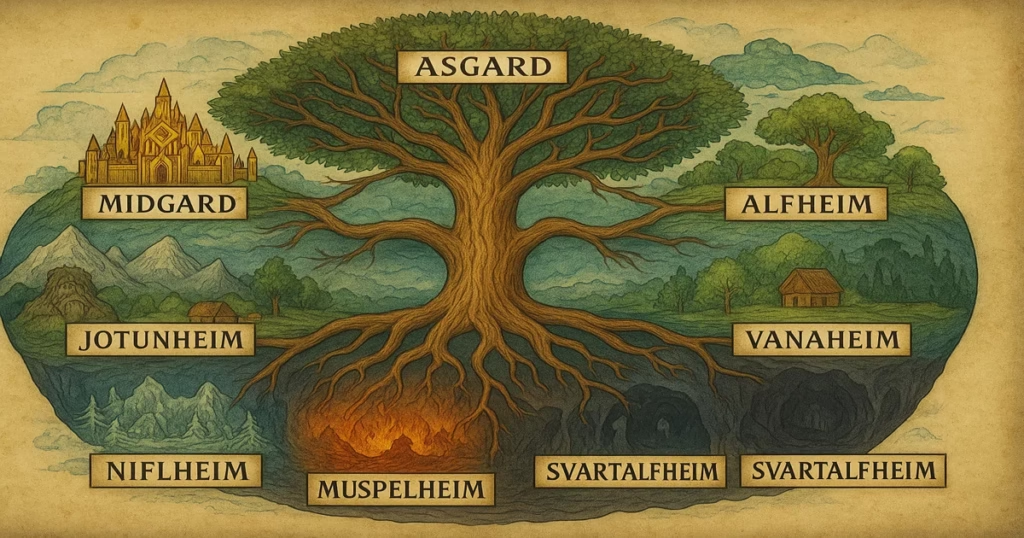
How to Choose the Right Norse Books for You
Choosing Norse Books can be overwhelming, class, but let’s make it easy. Start with your interest: beginners grab a Norse mythology book like Gaiman’s. For depth, pick a book of Norse gods like the Prose Edda.
Format: Illustrated Norse myths book for visuals, and audio for listening. Budget? Many good Norse mythology books are affordable on Amazon or Bookshop.org.
Where to buy Norse Books:
- Amazon: Fast shipping, often with deals on Norse mythology books.
- Bookshop.org: Supports indie stores, great for book about Norse mythology.
- Barnes & Noble: In-store pickup for Norse Gods book.
- Goodreads: Reviews to find good Norse mythology books.
Shop now and start your Norsevember reading!
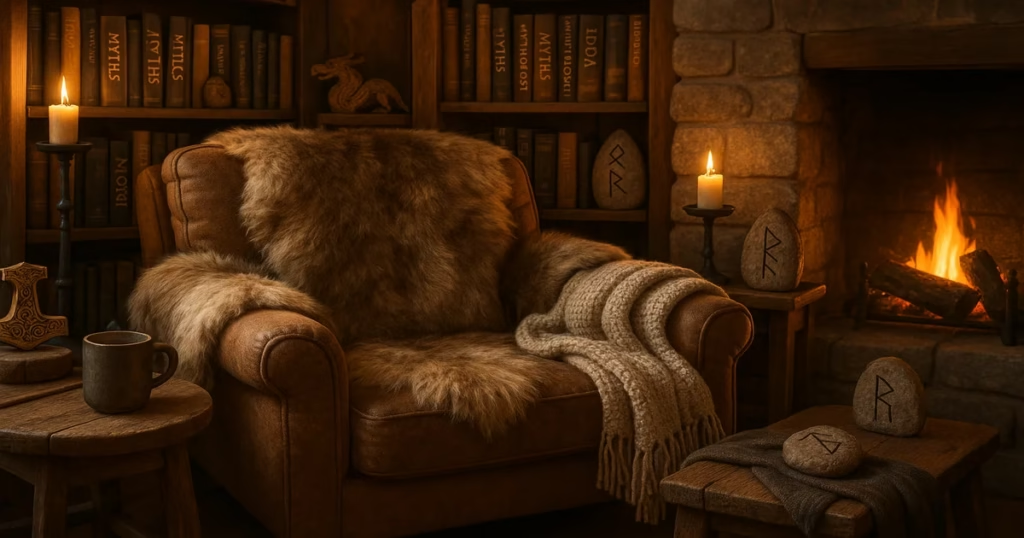
Norsevember FAQ: Your Questions on Norse Books Answered
Class, time for Q&A! Here are common questions about Norse Books.
- What is the best Norse Book for beginners? Neil Gaiman’s Norse Mythology is a top Norse mythology book—easy and fun.
- Are there Norse Books for kids? Yes, Rick Riordan’s series is a great Norse myths book with adventure.
- Where can I buy Norse Books? Amazon or Bookshop.org for good Norse mythology books.
- What’s a good Norse gods book? The Prose Edda is classic, or try a modern book of Norse gods like Gaiman’s.
- How do I start reading Norse Books? Begin with a book about norse mythology like Larrington’s guide.
These FAQs cover the basics of Norse Books!
Wrapping Up Our Norsevember on Norse Books
Class dismissed, but what a ride through Norse Books! From beginner guides to modern twists, these stories of gods and myths inspire us all. Grab a norse mythology book today and keep the adventure going. Share your favorite Norse Books in the comments—I’d love to hear! Until next time, happy reading!


